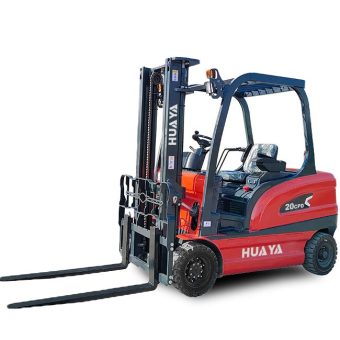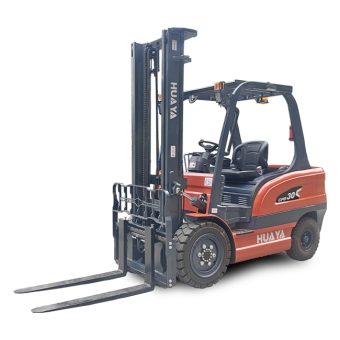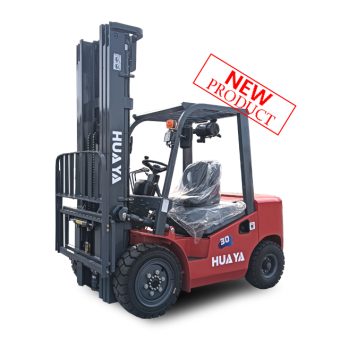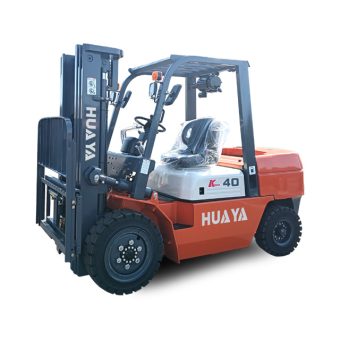
News
The question of whether 7000 hours is a significant amount of time when it comes to forklift operation is one that many individuals ponder. Understanding the implications of such a substantial duration in the context of operating forklifts can provide valuable insights into the skill level and expertise of individuals in this field.
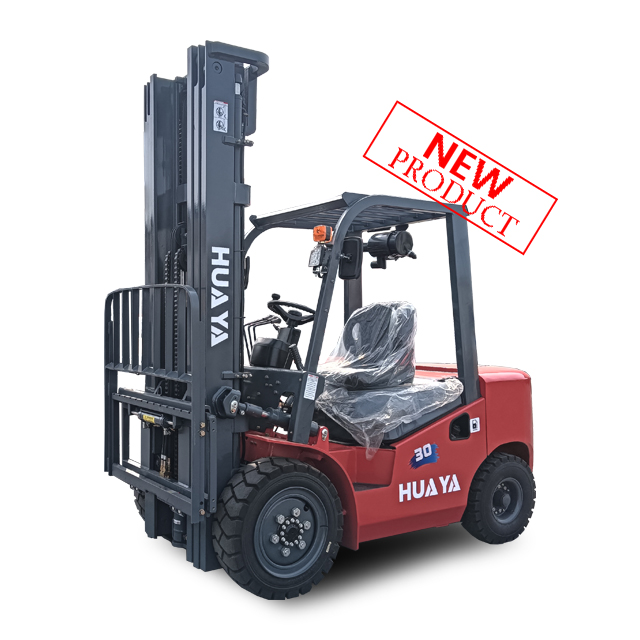
When we talk about 7000 hours in the realm of forklift operation, we're essentially discussing the amount of time spent actively engaged in handling and maneuvering forklifts. It represents a considerable investment of time, effort, and dedication towards mastering the skills necessary for effective operation.
Whether 7000 hours is considered a lot depends on various factors:
Industry Norms: Different industries have varying standards regarding forklift operation. In some sectors where forklifts are extensively utilized, such as warehouses or distribution centers, individuals may accumulate thousands of hours of experience over their careers.
Skill Development: With each hour spent operating a forklift, individuals have the opportunity to hone their skills, refine their techniques, and become more proficient in handling different tasks and challenges associated with the job.
Safety Considerations: The number of hours of forklift operation also correlates with a heightened awareness of safety protocols and best practices. Operators with 7000 hours of experience are likely to prioritize safety and adhere to guidelines rigorously.
In conclusion, while 7000 hours of forklift operation may not seem extraordinary in certain industries where extensive use of forklifts is common, it undoubtedly signifies a significant level of commitment and expertise. Individuals who have accumulated such a substantial amount of time behind the wheel of a forklift are likely to possess a deep understanding of the equipment, enhanced proficiency in handling various tasks, and a strong focus on safety.
The time it takes to reach 7000 hours of forklift operation varies depending on factors such as job requirements, work hours, and frequency of use. Generally, it could take several years of consistent operation to achieve this milestone.
Over 7000 hours of operation, individuals develop essential skills such as precision handling, spatial awareness, load management, and adherence to safety protocols.
While experience is valuable, individuals with fewer hours of forklift operation can still be competent operators with proper training and supervision. However, there may be increased risks associated with less experience, emphasizing the importance of thorough training programs.
Yes, individuals with extensive forklift operation experience may have the foundation to transition into roles such as warehouse management, logistics coordination, or equipment maintenance, leveraging their expertise in various capacities.
Beyond 7000 hours, individuals can continue to improve their skills by participating in advanced training programs, staying updated on industry developments, and seeking opportunities for professional growth and development within the field.
